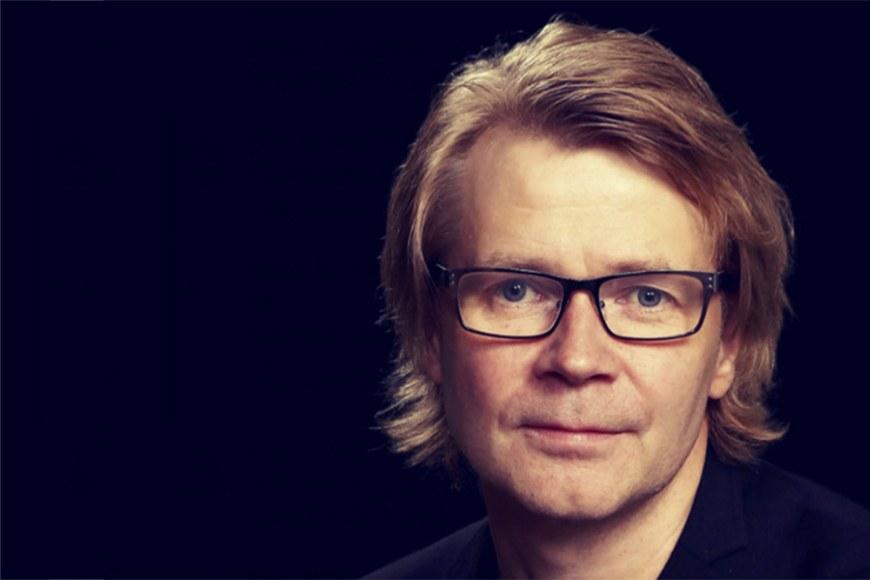
Emmanuel Macron’s first term as President has been turbulent and eventful. In his presidential campaign of 2017, Macron declared that he is a presidential candidate of work, and one of his key societal goals proved to be restoring the esteem for work and entrepreneurship. Another important goal for Macron was to bring back the value and quality of education, which was linked to the fight against poverty and social exclusion.
For his dissertation, Pekka Väisänen studied Emmanuel Macron’s politics and thinking in the first term of office. The study explores Macron’s political thinking relating to work, education and the economy and asks what sort of a reformer Macron really is
Throughout its history, French Fifth Republic (since the Constitution of 1958) has been very state-centric in comparison with other European superpowers such as Germany. In the French economy, state-centrism has meant, for example, pro-business thinking where large state majority-owned companies enjoyed protection from open competition supported by politicians and other public authorities.
“Macron promised to change this set-up when he was elected President in spring 2017. He wanted the same rules to apply to all economic actors regardless of their basis of ownership. Macron’s goal was to create sustainable and genuine jobs in companies that are on a sound footing and able to renew themselves when needed,” Väisänen says.
According to the study, Macron has also tried to abolish the unhealthy tension between the state and the markets. In practice, this has meant that markets and state authorities have worked together rather than in opposition. Väisänen associates Macron’s politics with that of British Prime Minister Tony Blair and New Labour between 1997 and 2007 where public authorities and the markets sought to work together in a mutually supportive manner.
“The emphasis on work and enterprise, challenging state-centricity, and market-oriented thinking have made Emmanuel Macron’s first term controversial and exceptional. Macron can be regarded the first president in French Fifth Republic to strongly believe in the market economy,” Väisänen points out.
Macron’s political opponents have controversially associated the President with opposing ideologies in the left-right political spectrum. Väisänen’s dissertation is motivated by a desire to look at Macron in a new way and highlight Macron’s personal views and statements on the relationship between ideologies and politics instead of concentrating on opposing ideologies.
Väisänen approaches his topic through rhetorical analysis. The data includes, for example, Macron’s speeches and other statements during the presidential campaign and his term of office. The methodological choice of rhetorical analysis is also supported by the role rhetoric plays in French society, which emphasises politicians’ ability to use various rhetorical skills to win over the citizens.
The doctoral dissertation of M.Soc.Sc. Pekka E. J. Väisänen in the field of political science titled Beyond Ideologies? Risk Society in Emmanuel Macron´s Reformist Politics will be publicly examined at Tampere University’s Faculty of Management and Business at 12.00 on Friday 4 March 2022. The venue is the Paavo Koli hall in the Pinni A building, address: Kanslerinrinne 1. The opponent is Docent Mikko Jakonen from the University of Jyväskylä, and the custos is University Lecturer Mikko Lahtinen from the Faculty of Management and Business.
The dissertation is available on
https://urn.fi/URN:ISBN:978-952-03-2312-7
